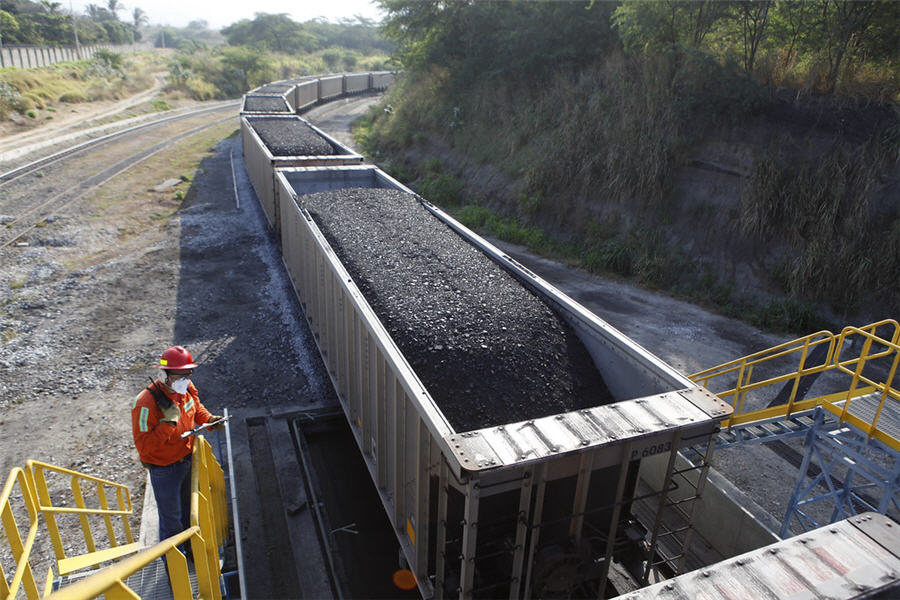Colombia coal production fell 40% last year amid coronavirus, strike

Colombia’s production of coal fell 40% last year, the government said on Friday, after a national coronavirus lockdown which affected output and a 91-day strike at a major mine.
The South American country, the world’s fifth-largest exporter of the fuel, produced 49.5 million tonnes of coal in 2020, down from 82.4 million tonnes the year before, the national mining agency said in a statement.
Many mines temporarily reduced operations last year during more than five months of lockdown and the largest union at miner Cerrejon held the longest strike in the company’s history.
Besides Cerrejon – jointly owned by BHP Group, Anglo American and Glencore – Drummond is also a major producer.
Prodeco, a wholly owned subsidiary of Glencore, said last month it will hand back its Colombian mining contracts after a review found restarting the unit’s operations would not be economical.
“Coal is and will remain an important source of resources, employment and opportunities for our country,” mines and energy minister Diego Mesa said in the statement, adding that the government was working with regional authorities to make the fuel more competitive.
Production of gold, hailed as key to diversifying the Andean country’s mineral output, rose 29.9% last year to 47.6 t from 36.7 t in 2019.
It was the highest production figure since 2017, the agency said, and represents important increases in royalties and taxes.
Nickel production fell 11% to 79.6 million pounds, the statement said.
Despite its output decrease, coal still led mining royalty payments last year, the agency added, with contributions totaling some 1.2 trillion pesos, about $328 million.
Precious metals contributed 240 billion pesos and nickel 184 billion pesos.
(By Julia Symmes Cobb; Editing by Jonathan Oatis)
{{ commodity.name }}
{{ post.title }}
{{ post.date }}




Comments